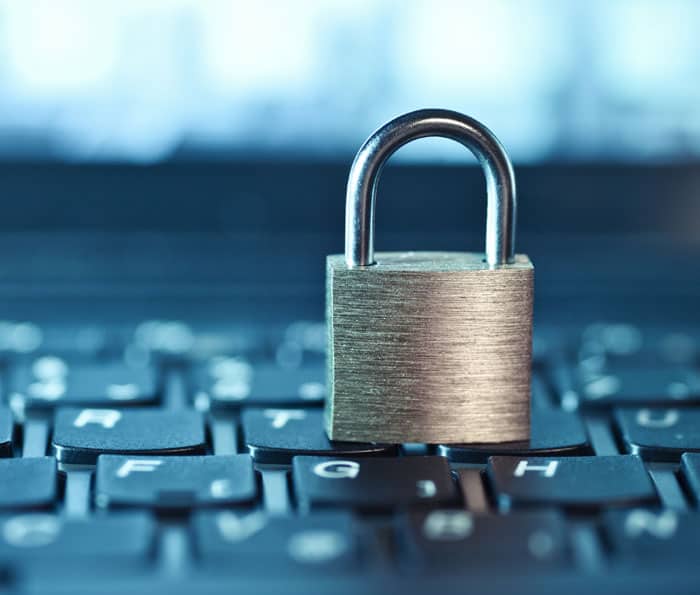“It is so refreshing to be a customer of a business that is so concerned with customer service. From someone answering the phone and not getting a phone tree, to being greeted at the front door, to employees truly there for you. I highly recommend Colonial Savings.”
Susan D.
